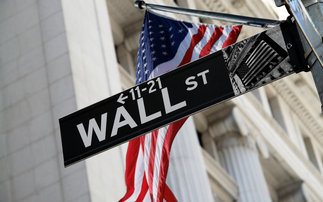Retail investors have significantly upped their exposure to private equity investment trusts over the past 12 months in search of bargains, causing discounts to narrow considerably during 2019.
The Woodford effect
Russ Mould, investment director at AJ Bell, added the move towards private equity was interesting, particularly in the wake of the liquidity crisis at Woodford Investment Management - the Woodford Equity Income fund has been suspended until December after increasing redemption requests boosted the portfolio's exposure to unquoted holdings.
"The Woodford saga has reminded investors of the importance of balancing time horizons and liquidity correctly in the context of a balanced portfolio," said Mould.
Richard Hickman, director of investment and operations at HVPE, admitted he had initially been worried the Woodford episode "might just frighten investors away altogether".
Woodford saga will have 'ramifications for active management industry'
However, Charlotte Edgar, HVPE's head of investor relations, said "the biggest thing to come out of it has been the [focus on] fund structure, and that's been helpful for us this year".
For example, a number of industry commentators, including the AIC CEO Ian Sayers have said open-ended funds are not fit for holding some illiquid investments, as he called on Nicky Morgan, former Chair of the Treasury Committee to address the "potential liquidity mismatches".
To that point, Mould continued: "The good news is investors are looking to closed-ended vehicles for their private equity exposure, which feels like the correct way to go about it.
"Their long-term time horizon means they can patiently nurture their holdings over time, to the potential benefit of stakeholders and shareholders."
Another key benefit of holding private equity in retail client portfolios is the diversification the asset class offers.
Paul Daggett, managing director at NBPE, explained private equity provides "relatively low correlations to traditional asset classes", and has consistently outperformed most major public markets over long-term timeframes.
This comes at a time when private capital is becoming increasingly important for business, with the number of US private companies rising threefold since 2000, while the number of listed stocks has halved.
"This reflects investors' growing preference for unlisted stocks within portfolios," Daggett added.















